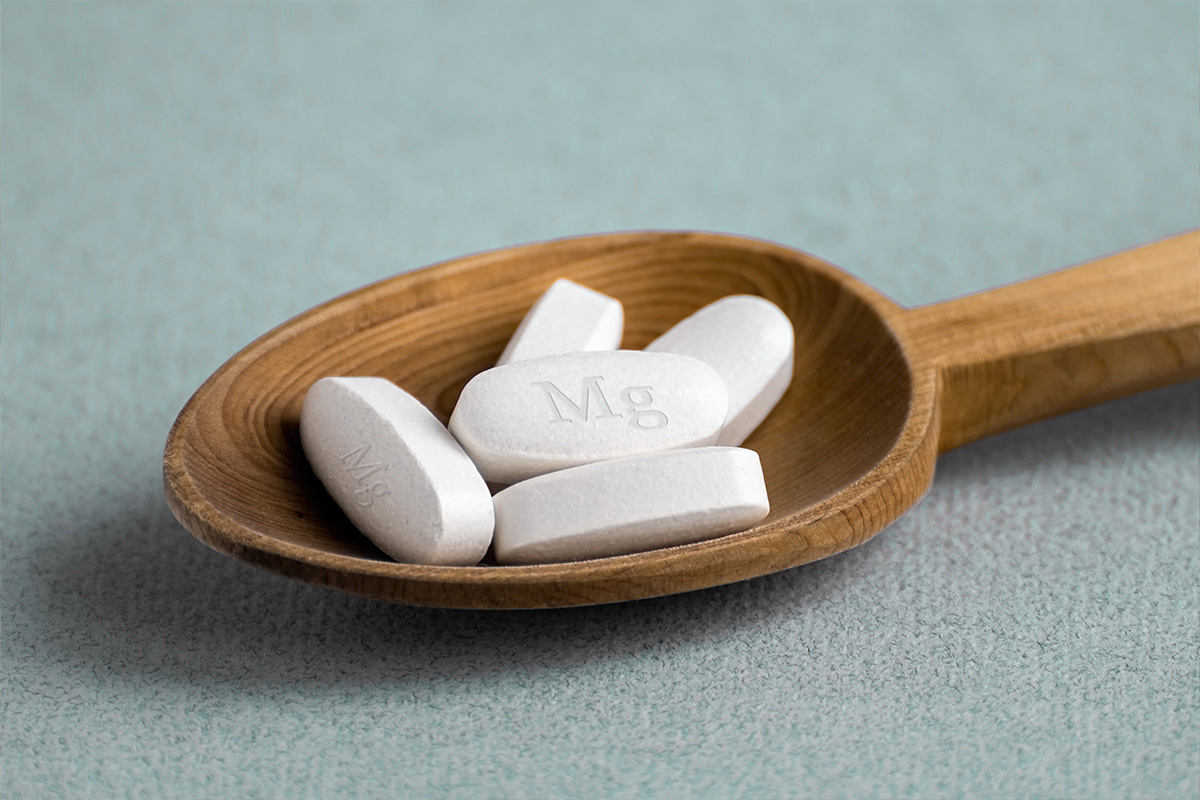Advertisement
Treating Fibromyalgia Naturally
Fibromyalgia, the “sore all over” syndrome, is a condition that mainly affects women in their late 30s and 40s. People who suffer from fibromyalgia often say they wake up in the morning feeling like they’ve been run over by a truck. Fibromyalgia may be part of chronic fatigue syndrome (CFT), with pain being a more … Continued

Fibromyalgia, the “sore all over” syndrome, is a condition that mainly affects women in their late 30s and 40s. People who suffer from fibromyalgia often say they wake up in the morning feeling like they’ve been run over by a truck. Fibromyalgia may be part of chronic fatigue syndrome (CFT), with pain being a more prominent symptom than fatigue. It causes generalized pain and aching throughout the body, morning stiffness, fatigue, disturbed sleep, and tender spots on the body.
Diagnosis of fibromyalgia is based on the presence of widespread muscle pain, aching, or stiffness, with absence of other conditions that would account for the pain, as well as tenderness when pressing on eleven of eighteen trigger points, non-refreshing sleep, frequent headaches, numbness, tingling, and chronic pain in the neck and shoulders.
Treatment of fibromyalgia requires a multi-pronged approach, including gentle exercise and massage and nutritional and vitamin supplements to stimulate the immune system. A high-quality diet emphasizing fresh fruits and vegetables and whole grains and beans, and supplemented with chicken and fish is essential. It is important to use an elimination diet or specialized testing by a natural practitioner to identify food allergies. Sugar, junk foods, and excessive animal protein must be avoided.
Proper rest and balancing of activities with rest is mandatory. This illness requires a complete change of attitude and lifestyle as well as elimination of all major stresses.
If a chronic yeast infection is also present, treatment is essential. Dr. Carol Jessop, Assistant Professor of Medicine at the University of California, treated 900 of her chronic fatigue patients with a sugar-free diet and a strong anti-yeast drug known as ketoconazole and 84 percent made a full recovery. Dr. Jessop found that 80 percent of her CFS patients gave a history of recurrent antibiotic use and serious sugar addiction.
Evening primrose oil is usually recommended for fibromyalgia. The usual dosage is four capsules combined with two capsules of cod liver oil (containing vitamin A 1,250 IU and vitamin D 100 IU) taken with breakfast and lunch.
Magnesium supplementation is critical to the treatment of fibromyalgia. One study showed that 300 to 600 mg of magnesium malate per day had very positive results in decreasing the number and severity of tender points. Malic acid (derived from apples) by itself is also helpful.
Other important supplements include zinc, vitamin E, mega-B-50, beta carotene, and vitamin C. Niacinamide, 500 to 1,500 mg a day, is an inexpensive supplement helpful in treating the pain of fibromyalgia.
A six week trial of coenzyme Q10 in doses of 90 to 200 mg daily is recommended by Dr. Paul Cheney, particularly for improving fatigue, thought processes, muscular weakness, and associated heart problems.
Research has found the levels of B12 to be low in the cerebrospinal fluid of CFS and fibromyalgia patients. Some doctors have found that daily or bi-weekly injections of vitamin B12 are helpful. Most patients can learn to do the injections themselves at home.
To aid in sleeping, tryptophan is highly useful. Tryptophan is an amino acid, one of the building blocks of protein, and is available only by prescription in Canada. In doses of 2,000 to 4,000 mg it helps you to sleep without a hangover effect. In the US and Canada, a precursor of tryptophan known as 5-hydroxy-tryptophan is available without prescription. (50 mg of 5-hydroxy-tryptophan equals 500 mg of tryptophan.)
Dr. Michael T. Murray, in the Encyclopedia of Natural Medicine (Prima Publishing, 1997) recommends a combination of 5-HTP (50 to 100 mg), magnesium (150 to 250 mg), and St. John’s wort extract (300 mg standardized to contain 0.3 percent of hypericin), all taken three times a day.
It is important to support the adrenal glands, which are often exhausted by fibromyalgia, by taking extra vitamin C, pantothenic acid, and adrenal glandulars two to three times a day.
Methylsulfonylmethane is an exciting new treatment for fibromyalgia, rheumatoid arthritis, allergies, asthma, and many other conditions. It is a natural, organic form of sulphur with few side-effects. Sulphur is concentrated in the skin, bones, and muscles and is needed to produce collagen. The usual dosage is 2,000 to 6,000 mg in divided doses taken three times a day with meals. The dose should be increased until pain relief occurs and must be accompanied by vitamin C for maximum effect.
Acupuncture stimulation of trigger points and tender points by an experienced acupuncturist can be very helpful.
If you suspect you have this condition you may have to educate both yourself and your doctor. Often when complaining of symptoms of fibromyalgia, women have been dismissed by their doctors, told their problem was all in their head, or referred to a psychiatrist. Chronic fatigue syndrome and fibromyalgia must be taken seriously by physicians and women alike.




